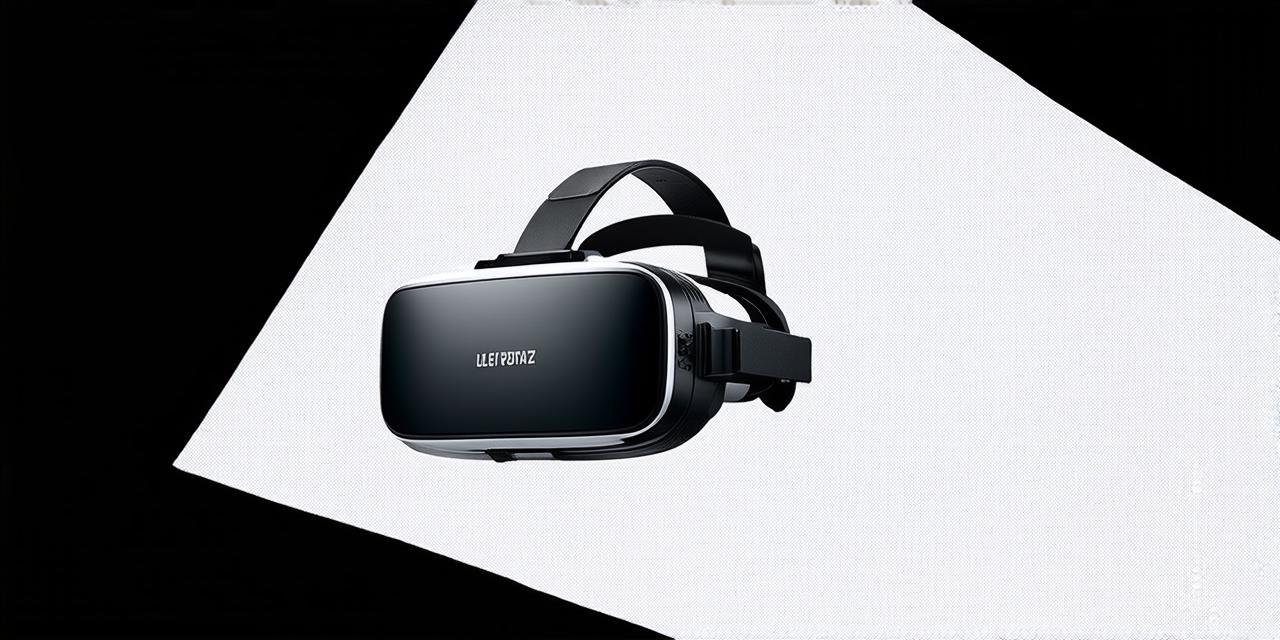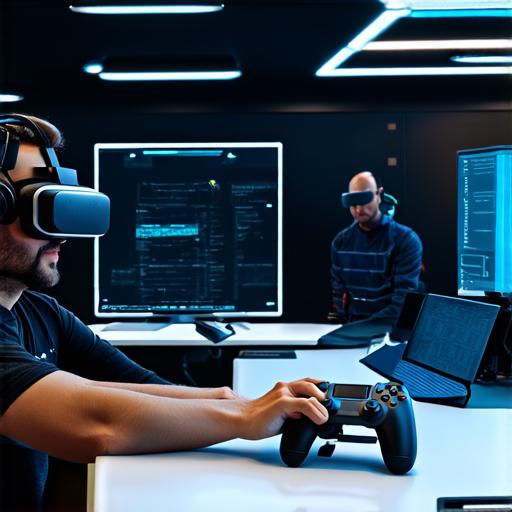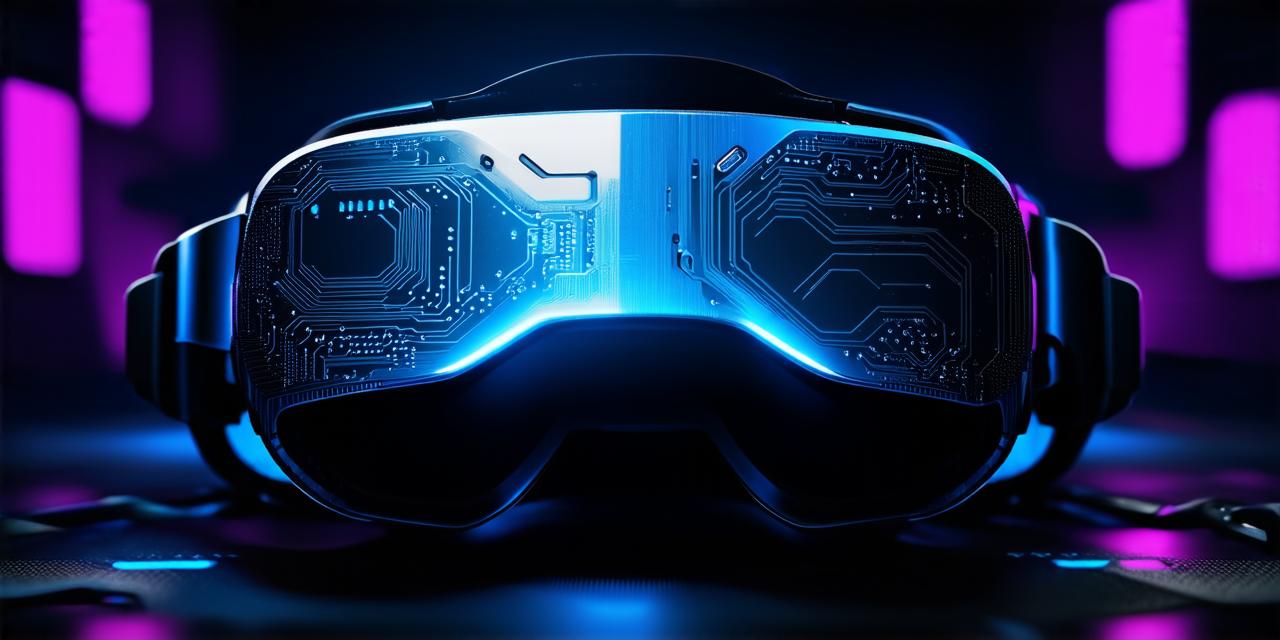
Remote VR Developer Jobs: Find Virtual Reality Developer Opportunities Now
In a remote setting, clear and concise communication is not just important, it’s crucial. Tools like Slack, Zoom, and Trello can help streamline discussions, project management, and collaboration by providing platforms for instant messaging, video conferencing, and task organization respectively.
Regular meetings and updates ensure everyone is on the same page, fostering a sense of unity despite geographical distance. Effective communication in remote VR development not only helps to avoid misunderstandings but also encourages creativity and innovation as team members can freely share their ideas and feedback.
The Role of Mentorship in Remote VR Development

Mentors are invaluable guides in the world of remote VR development. They provide guidance, share their experiences, and offer insights into navigating the industry. Finding a mentor can be as simple as reaching out to someone in your network or participating in mentorship programs offered by organizations like Women in VR or VRARA. A good mentor can help you navigate the challenges of remote work, provide advice on technical issues, and offer insights into the industry’s trends and future directions.
The Impact of Accessibility on Remote VR Development
Remote VR development democratizes access to virtual reality technology, making it possible for anyone with a computer and an internet connection to contribute. This opens up opportunities for people who may not have had access to such resources otherwise, fostering diversity and inclusivity in the field. The remote nature of VR development also allows for greater flexibility, enabling individuals from all walks of life to participate in this exciting industry.
The Role of Freelancing in Remote VR Development
Freelancing allows developers to work on various projects from different clients, gaining diverse experience and building a strong portfolio. Platforms like Upwork, Toptal, and Freelancer offer opportunities for freelance VR development work. Freelancing can provide a level of freedom and flexibility that traditional employment may not offer, making it an attractive option for many developers.
The Road Ahead for Remote VR Development
As we look towards the future, the landscape of remote VR development is poised to evolve further. With advancements in technology, the rise of blockchain and AI, and an increasing demand for immersive experiences, the opportunities are vast and exciting. Whether you’re a seasoned professional or just starting out, now is the time to seize these opportunities and shape the future of virtual reality. The challenges may be many, but with perseverance, creativity, and a strong network, you can make a significant impact in this dynamic field.
FAQs
1. What skills do I need to succeed in remote VR development?
– Strong programming skills, understanding of 3D graphics, familiarity with VR hardware and software, and a creative problem-solving mindset are essential for success.
2. How can I find remote VR development jobs?
– Job boards like Indeed, Glassdoor, and Remote OK often list remote VR development positions. Networking within the industry and staying active in online communities can also lead to job opportunities.
Conclusion
The world of remote VR development is a dynamic and exciting space, offering endless possibilities for those willing to explore. Embrace the challenges, stay curious, and watch your career flourish as you shape the future of virtual reality. Whether you’re working as part of a team or freelancing, effective communication, mentorship, accessibility, and a strong skillset will be key to your success in this rapidly evolving field.

